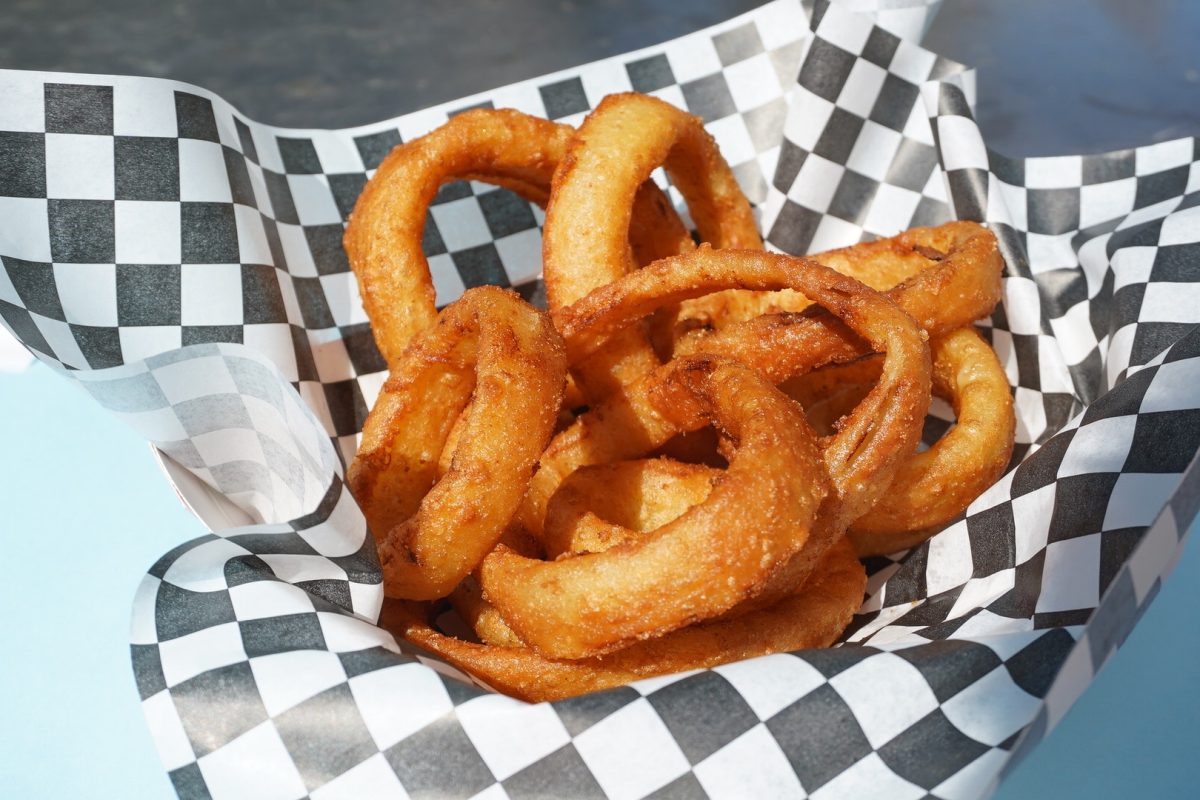Public service announcement to those who are shaming Beyoncé for expressing her “blackness”: she owes you nothing.
Beyoncé shocked the world during her Super Bowl halftime performance showcasing her new single, “Formation.” Her performance featured all black female dancers who were dressed as members of the Black Panther Party to celebrate the organization’s 50th anniversary.
The Internet has been exploding since Super Bowl Sunday, with Facebook and cable news pundits alike calling her performance a “racial and violence-fueled outrage.” Some of the most vocal critics of Beyoncé’s performance are white, and I am struggling to understand what the real problem is. I viewed this performance as a powerful way for Beyoncé to stand in solidarity with her black community.
Tomi Lahren, television host of TheBlaze, said in her one-sided video that Beyoncé’s performance was a way to “politicize and advance the notion that black lives matter more.” I can see how Lahren, as a white woman in America, completely misjudged Beyoncé’s performance. She was not stating that black lives matter more, but rather that they matter “too,” and that it’s time we all stand up for the injustice the black community faces.
For years, many white Americans have viewed Beyoncé as their “token black girl” – they saw her as black, but didn’t associate her with black culture. Beyoncé’s Super Bowl performance and “Formation” music video shattered this illusion, and people are upset.
The day before the Super Bowl, Beyonce released the music video for her new song, “Formation.” Presented with a New Orleans theme, Beyonce sat on top of a sinking police car, called out her haters and flaunted her Alabama and Louisiana heritage. The Internet instantly broke into two sides: You either loved it or hated it.

The next day she took it a step further, and seeing Beyoncé take a stand against racially motivated police brutality by celebrating the Black Panther Party sparked rage in those who thought she was on “their side.” Beyoncé is one of the biggest celebrities in the world, and she does not owe it to anyone to bow down to white supremacy, police brutality or injustice by hiding her “blackness.”
My Twitter and Facebook have been bombarded with people calling her performance racist and even going so far as to compare the Black Panther Party to the KKK. The delusional idea that the KKK and Black Panther Party have anything in common is disgusting. The only thing I find racist is that the same people making these claims are the same ones who have welcomed the Confederate Flag at numerous onstage national performances.
The Confederate Flag is nothing more than a symbol of racism, and no one bats an eye when multiple rock band performances have it waving in the background. However, during a time when police brutality is becoming more widely acknowledged and Black History Month is upon us, Beyoncé saluting the Black Panther Party is considered racism.
The Black Panther Party worked to stand against police brutality and bring an end to racially motivated violence. The Black Panther Party, aside from working to end police brutality against African Americans, organized multiple community programs for youth and families. They defended themselves against racist law enforcement and struggled to establish economic, social and political equality in the black community.
It has always been fascinating to me that white America can love black culture, yet scrutinize the people who are a part of it. How can you be upset that someone wants to celebrate their black culture? How can standing up against police brutality be racist, but the brutality itself isn’t? The more people shame Beyoncé’s powerful performance, the more upset I get. Many people’s argument is, “Well, what if it was the other way around?” How soon people forget it was the other way around for a long time, and to some extent still is.
Beyoncé’s performance expressed pride and hopefully inspired those who oppose black culture to open their eyes to a world that embraces black culture, our people and our 29 days of Black History Month.







Mary • Feb 5, 2020 at 12:38 pm
The black Panthers are an openly racist, organization. They promote violence against caucasian individuals, simple because they are white. Decent people do not support any form of racism. To claim this”group” is not racist is pure ignorance. To justify racist , violent behavior by pointing out other racist , violent behavior, is well stupid.you suck.